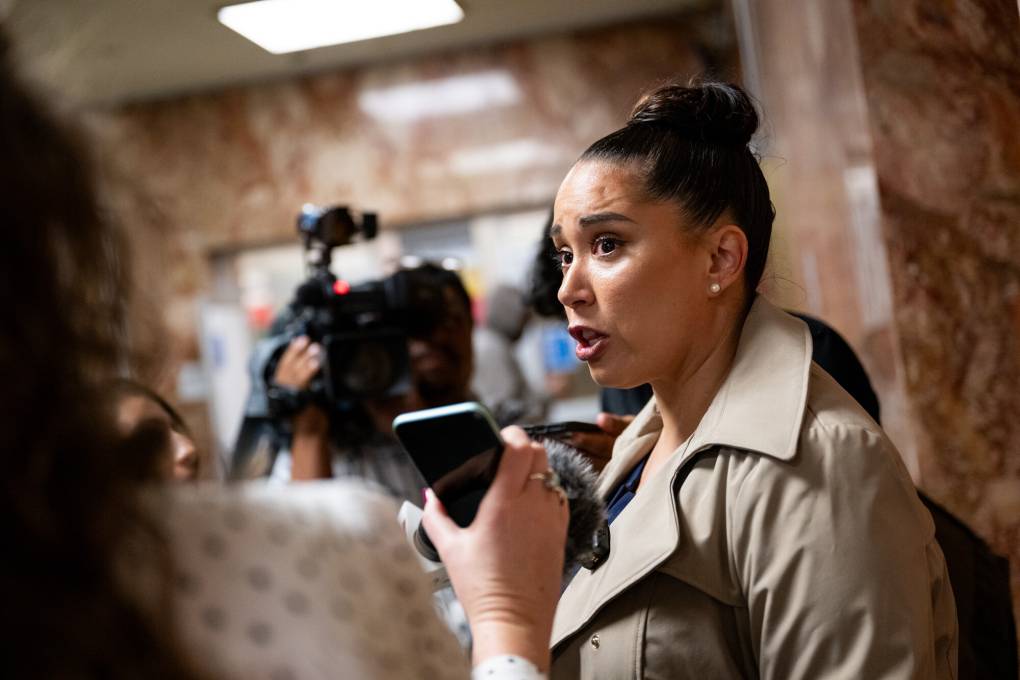Ivy Lee, the first director of the Office of Victim and Witness Rights, said her office is already preparing for the likely move, including focusing on confidentiality protections for survivors and spreading awareness about her new office and its capacities.
“What does the office do? What role does it play, and what can’t it do?” Lee said. “Because the last thing that we want is for a survivor to have to go on a wild goose chase, call different numbers, look up different websites to try to find the help that they need.”
However, some obstacles SHARP has faced in the past could carry over as well; chief among them is staffing.
SHARP only has two staff positions. The first, the role of director, is currently vacant, according to Lee. It had been filled as recently as May when SHARP came under scrutiny, but the Human Rights Commission did not respond to questions about the former director’s departure or whether it was related to the public criticisms of the office’s work.
The other position is a community engagement role, but that employee will also presumably have to do much of the work outlined above: going to interviews with survivors, helping fill out police reports and following up on cases. Lee called it a herculean task.
“There’s over 50 organizations alone in the city that provide direct services in that category,” Lee said. “So how is one person, even full-time, supposed to be engaging effectively, meaningfully with not just survivors directly and helping them and case managing those clients, and at the same time conducting all of the different community engagement?”
However, Lee added that understaffing is not something new to her.
“Any community-based direct service provider or nonprofit workers, you know you make do with what you have … you stretch every dime,” Lee said.
There’s also the matter of SHARP possibly moving under the oversight of a department that has yet to fully establish itself.
Lee was appointed the first director of the Mayor’s Office of Victim and Witness Rights in May. She said she worked her first day in late June and only gained access to the physical office space this month.
Two of the office’s four current positions are still empty, but Lee aims to fill them by January. If the proposal passes, Lee will also need to hire a new SHARP director. She said the process is like building a plane while you fly it.
“In the meantime, though, we are working with direct service providers already and advocates for survivors and victims of crimes already,” Lee said. “Any of the city agencies that can assist and provide services to and support survivors, we are already working with.”
Correction: A previous version of this story incorrectly reported that four of six positions in the Office of Victim and Worker Rights were vacant. Two of four positions are currently vacant, but that will increase to three of six if SHARP moves into OVWR. The story also mistakenly attributed the reform proposal to Supervisor Hillary Ronen instead of Supervisor Catherine Stefani.

